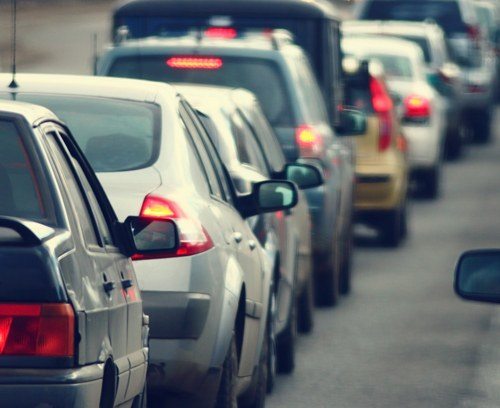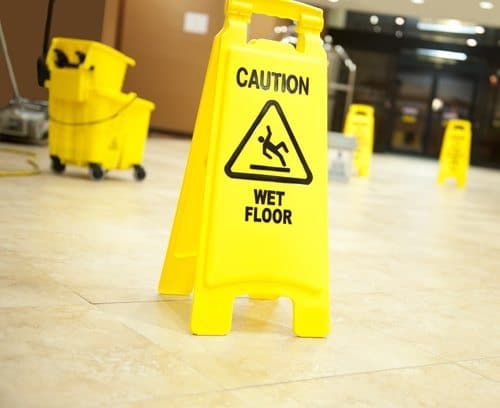
There are more than 1,000 car accidents every day in Florida, and experts say part of it is because bad roads cause accidents. While factors such as distracted driving, poor decision-making, and disregard for traffic laws contribute to most accidents, unsafe road conditions can also play a significant role. For instance, road hazards from endless construction are a big reason why I-4 is often called America’s Most Dangerous Highway. The fact is that state and local governments have a responsibility to maintain safe roads. There is a procedure to file a car accident lawsuit against the government when bad roads cause accidents.
Who Pays When Bad Roads Cause Accidents?
When it comes to holding the government legally liable when bad roads cause accidents, the concept of sovereign immunity often comes into play. Sovereign immunity protects the government from lawsuits, making it more complex to sue a government entity compared to a person or company. However, in the United States, including Florida, there are limitations to sovereign immunity, and the government has waived some of these protections.
In Florida, you can sue the government if state or local roads are not well-maintained, and this lack of maintenance leads to an accident. There are specific procedures and deadlines for filing personal injury claims against government agencies. It helps to talk to an aggressive and experienced car accident attorney.
Determining Responsibility for Road Maintenance in Florida
Road maintenance in Florida is the responsibility of various entities, including the state, counties, and municipalities. Depending on the specific stretch of road or highway, any of these entities may be responsible for its maintenance and condition. It is important to determine which governmental entity has responsibility for the roadway in question after an accident caused by bad road conditions. In some cases, a highway contractor or contracting company may also be held liable for faulty road conditions.
Common Examples of Poor Road Conditions
There are several common examples of when bad roads cause accidents.
- Potholes, sinkholes, and crumbling pavement: Driving over these hazards can result in loss of control and accidents.
- Insufficient lighting: Inadequate lighting at night can reduce visibility and increase the risk of accidents.
- Missing or broken guardrails: Lack of proper barriers on the roadway can lead to more severe accidents.
- Unmarked lanes and confusing signs: When roads lack clear markings and signage, drivers may become confused, leading to accidents.
- Flooding and poor drainage: Roads with inadequate drainage systems can lead to hazardous conditions during rain and increase the risk of hydroplaning.
- Obstructed visibility: Overgrown trees and shrubs that obstruct visibility can create dangerous conditions for drivers.
Suing the Government When Bad Roads Cause Accidents
Suing the government for car accidents caused by bad road conditions involves specific procedures and deadlines. The first step is to file a complaint with the agency responsible for the road and allow them to resolve the issue. In cases where damage is caused by potholes, some counties have specific procedures for reporting and reimbursement. However, if the government agency fails to provide satisfactory resolution, you have the option to file a formal claim within a specified timeframe. In Florida, you have three years from the date of the accident to file a formal claim with the state agency involved and the state Department of Financial Services.
When bad roads cause accidents, you may want to talk to an experienced and aggressive accident lawyer. If you’ve been injured in a car crash, talk to an Orlando car accident attorney at the Martinez Manglardi personal injury law firm. Call 407-846-2240 for a free consultation. Convenient locations throughout Central Florida.





